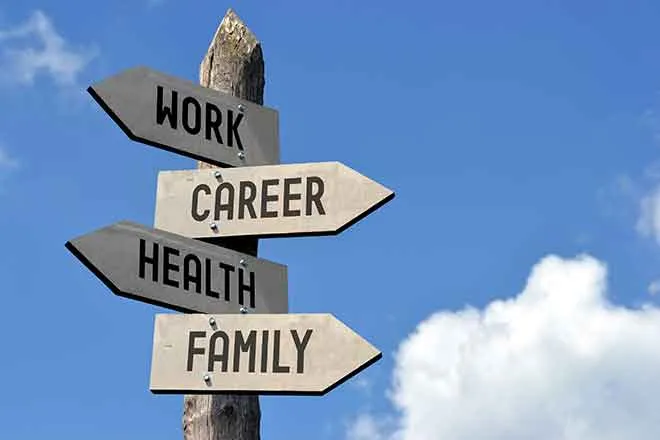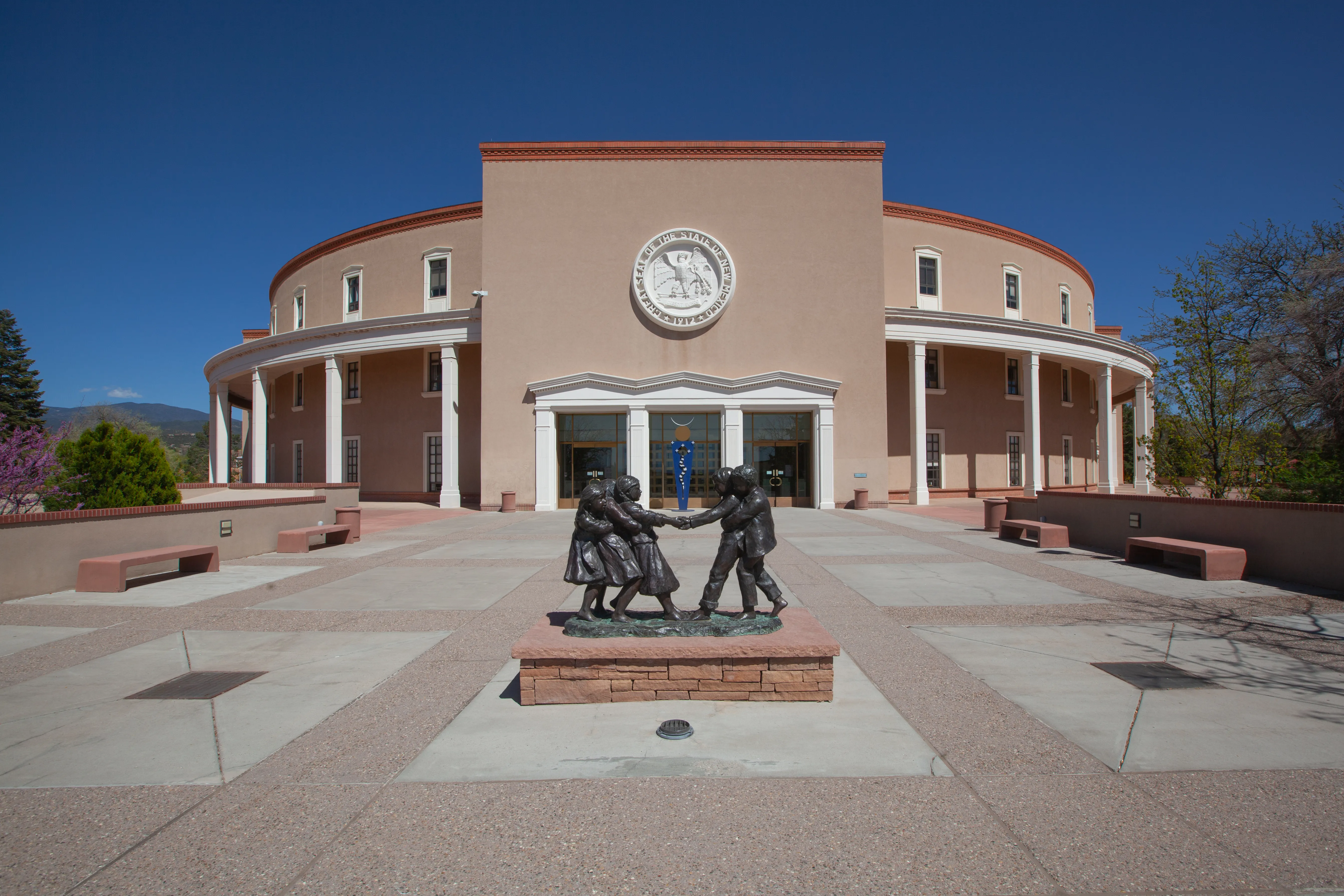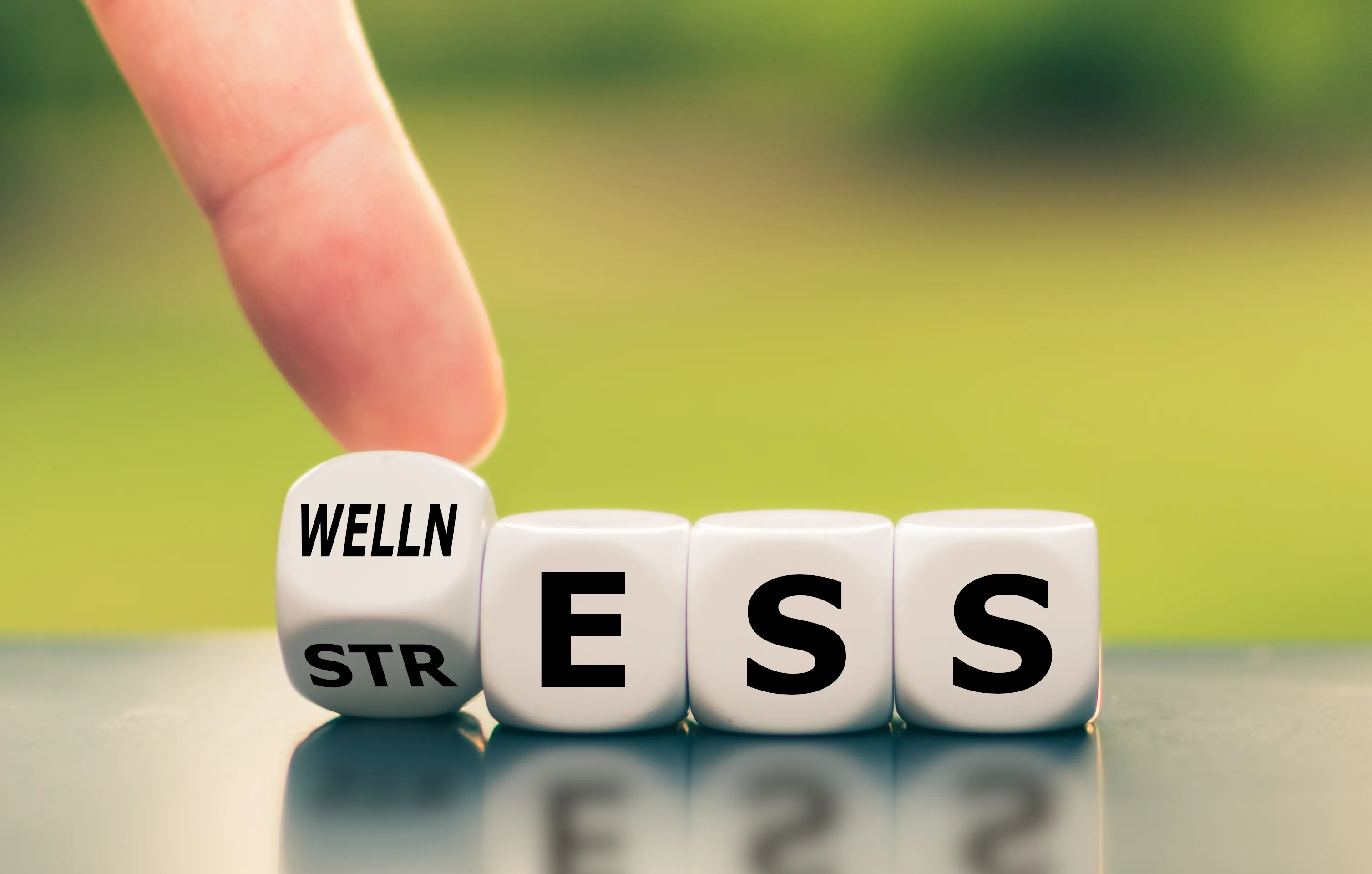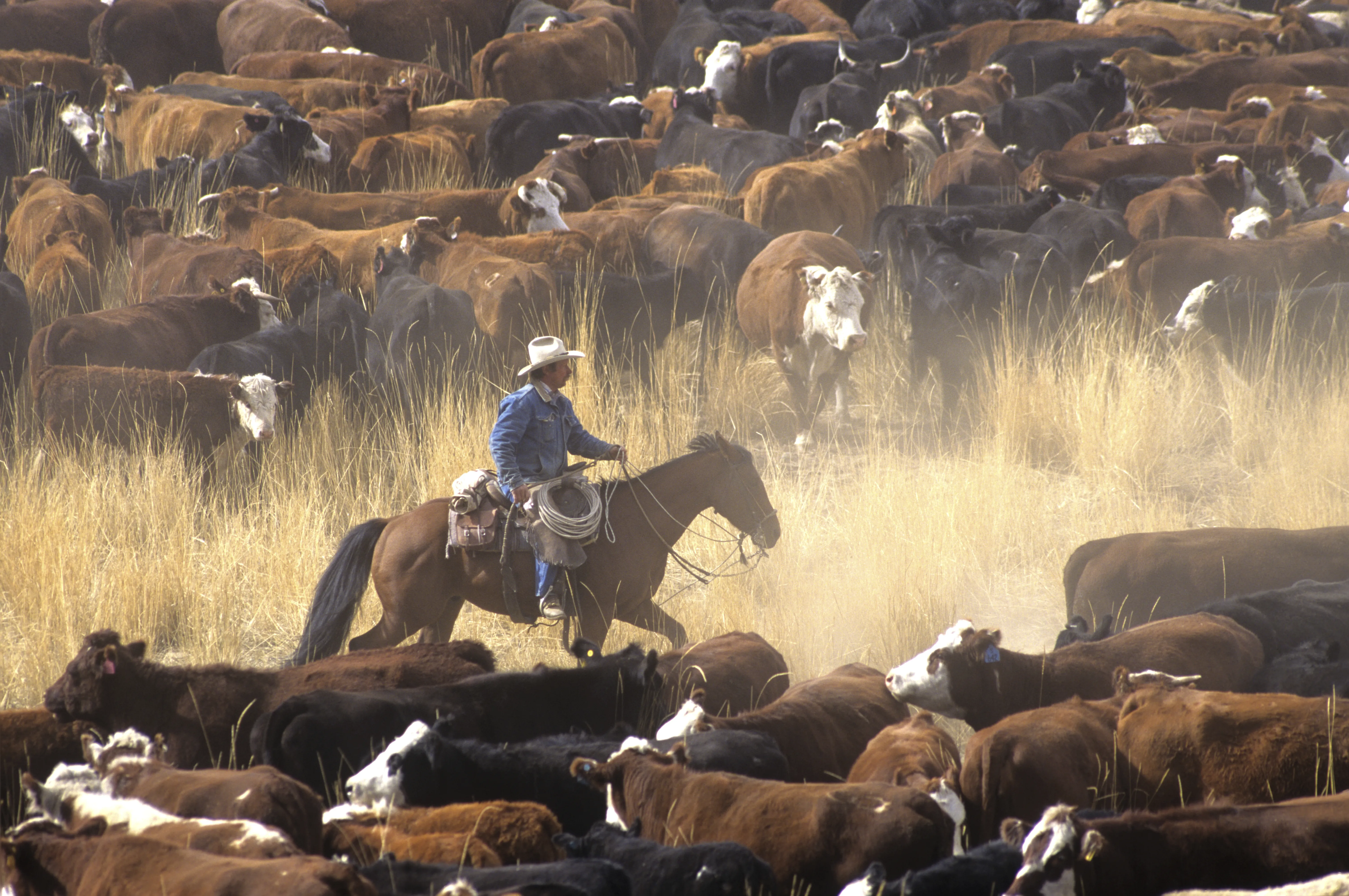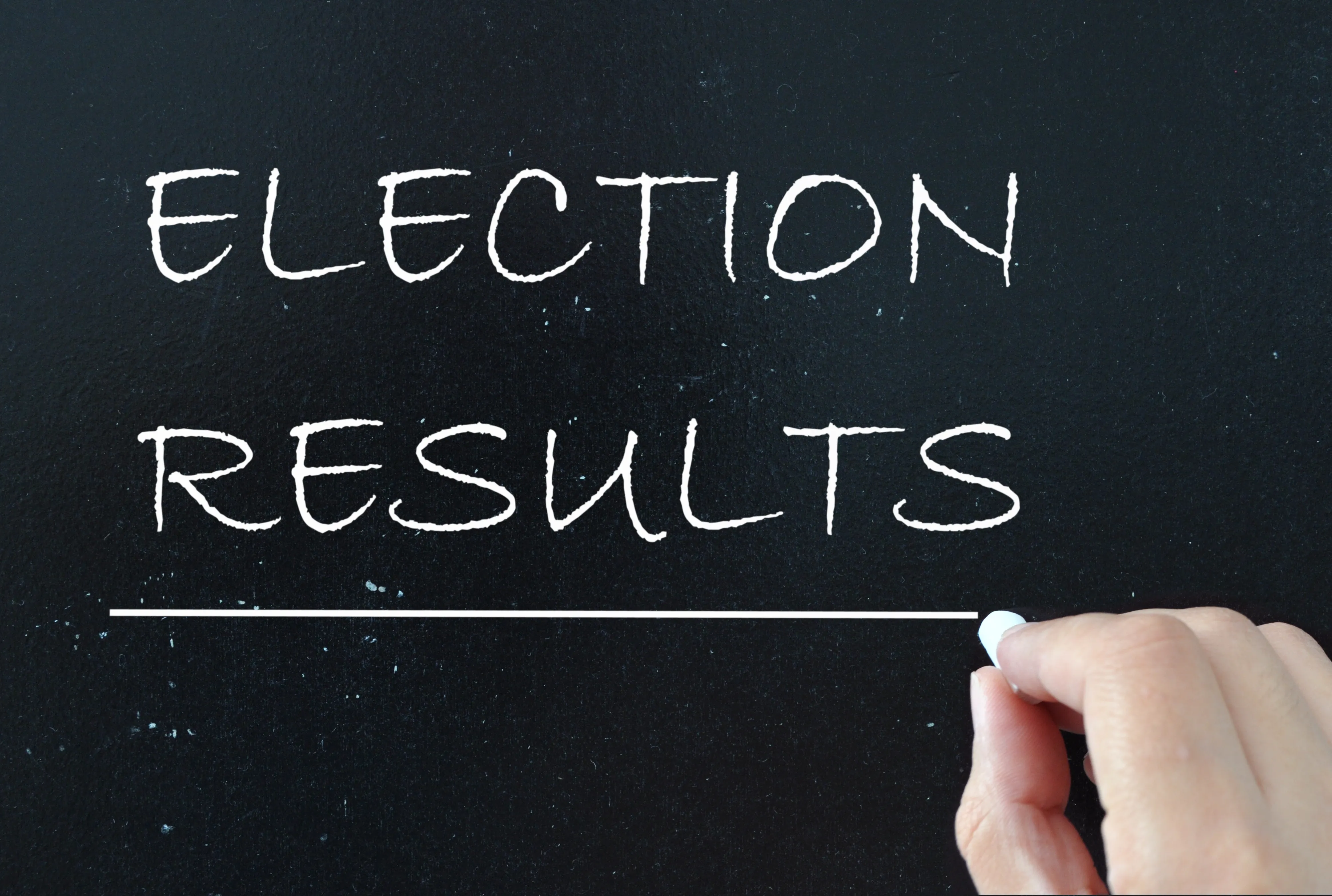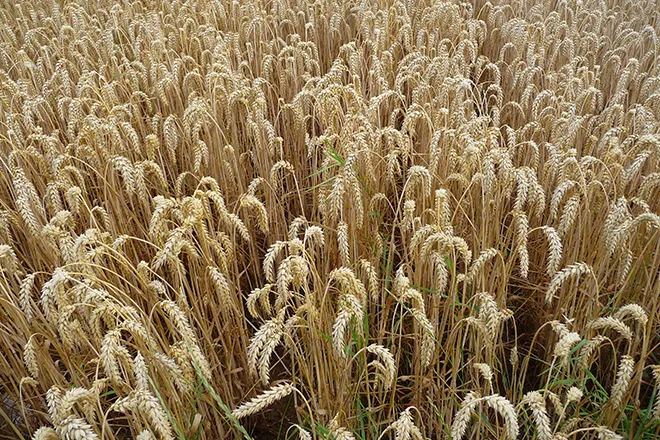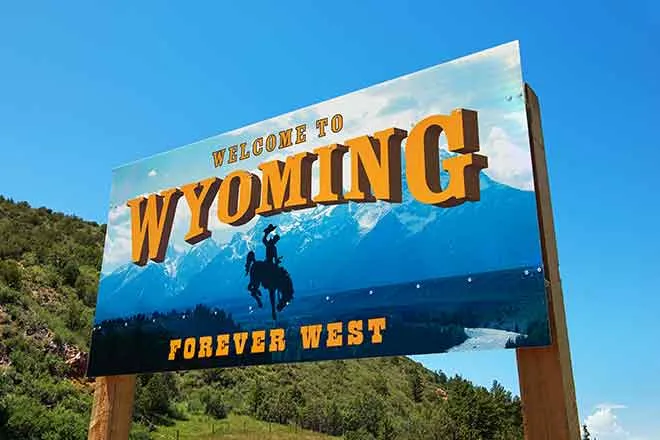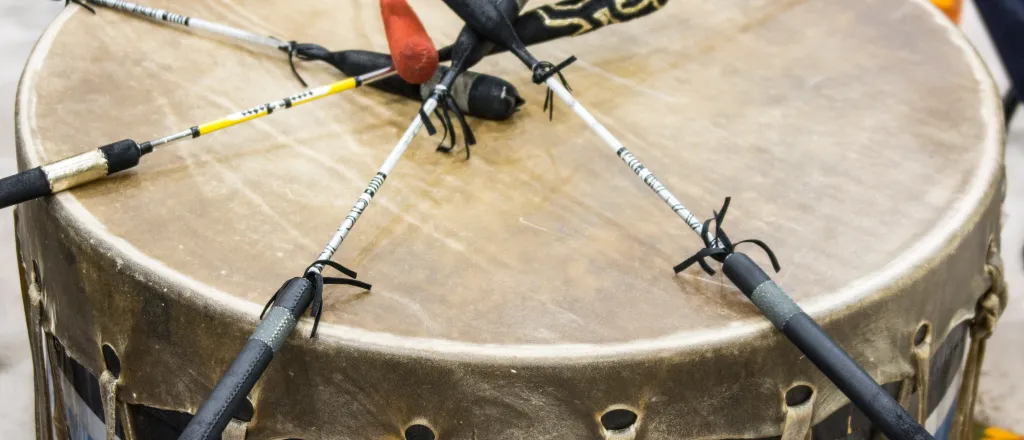
Montana Native leaders: Civic engagement brings continued legislative wins
Click play to listen to this article.
A Montana-based Indigenous advocacy group said it is increasing membership this year in a new way, with a traveling conference.
Western Native Voice on Tuesday held the last of about a dozen conferences it has hosted since March in tribal communities across Montana. The group offers programs to attendees that focus on leadership development, civic engagement and education, and public policy advocacy.
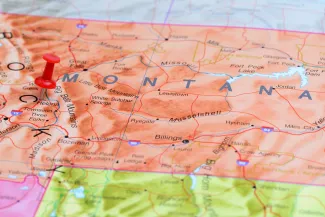
Denise Juneau, former Montana state superintendent of public instruction and a conference keynote speaker, said Native legislators made a lot of headway in this year's session.
"There was a sense of pride in seeing what got accomplished through the 12 Native legislators who got elected from all these different communities," Juneau explained. "I think really a glimmer of hope about what can happen when people get engaged."
Bills passing in 2025 included updates to the Montana Indian Child Welfare Act and a new approach to the Missing and Murdered Indigenous Persons crisis, as well as reauthorization of Native language preservation programs and formal recognition of Indigenous Peoples Day.
Juneau, an enrolled member of the Mandan Hidatsa Tribes of North Dakota, credits her own success in part to growing up with parents in the state Legislature and tribal leadership.
"Being in those seats of power and speaking truth to power, and being engaged at that level really makes a difference for your community, for your state, for the country and for the people who are around you," Juneau recounted.
She encouraged people to get involved at any level, from ensuring your family is registered to vote to running for office.
Shane Doyle, executive director of the nonprofit coalition Yellowstone Peoples and a member of the Apsaalooke Nation, said there is a common misconception tribes across Montana were historically in conflict, when evidence shows they were largely friendly.
"Despite the enormous and remarkable language diversity here in Montana, the tribes were all able to coalesce over generations and create their own sign language," Doyle noted. "It just is a testimony to their stable relations."

